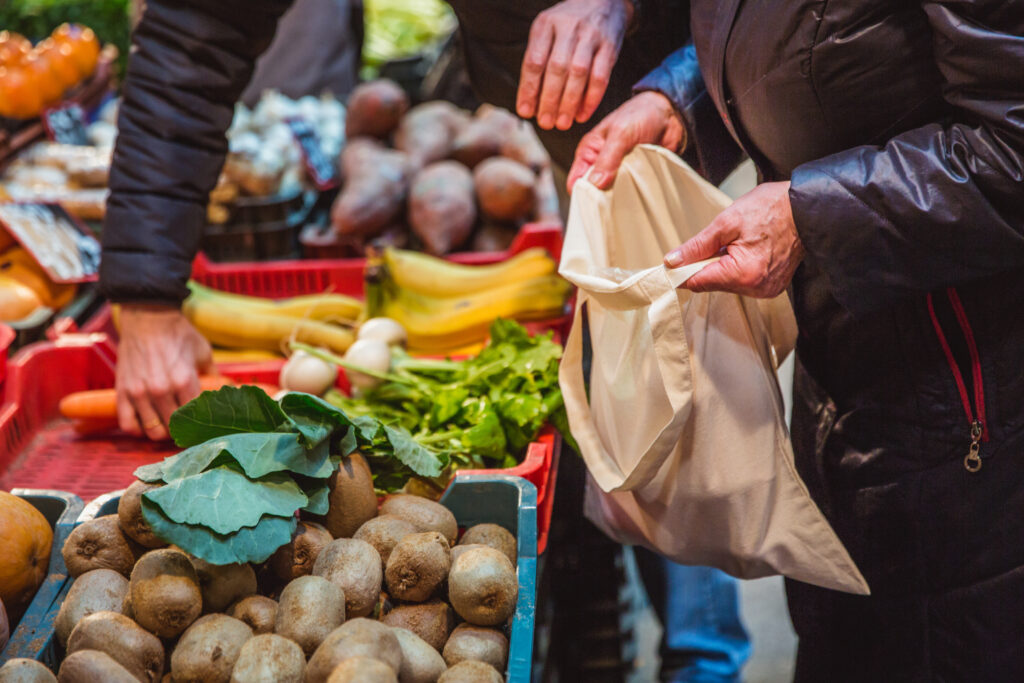Happy New Year! It is officially 2022, meaning that it is officially time to finalize your new set of resolutions. And with the environment at stake, we believe that some resolutions are truly worth keeping. This year, we challenge you to expand your ambition and focus beyond personal health to include the health of the environment, whose voice often goes unheard and ignored. It’s up to us to speak up on its behalf! Knowing this, we decided to create a list of 5 New Year’s Resolutions for the environment.
A multifaceted approach to combat climate change and mitigate humans’ impact on the environment is necessary for success. Small choices like forgoing plastic forks might not seem like much at the time, but they add up and can help inculcate a mindful awareness to motivate further political action. Thus, this list features steps you can take in the realms of both consumer action and political engagement. Choose one, a few, or all five, and enjoy a cleaner, healthier, happier, more sustainable, and more ethical 2022!

5 New Year’s Resolutions to Protect the Environment in 2022
- Increase voter turnout, specifically environmental voter turnout, by working with an organization like the Environmental Voter Project. The EVP contacts people who rarely or never vote and educates them on how their political engagement can benefit the environment. They focus on federal, state, and local elections, and they host trainings for everyday people to get involved.
- Stay up to date with the Environmental Defense Fund. This organization provides individuals with opportunities to raise their voice against environmental issues, and it also gives businesses assistance in improving their corporate sustainability and energy efficiency initiatives.
- Join a 350.org group. Communities around the world host discussion circles and advocacy groups through 350.org. 350.org coordinates campaigns like the current “Build Back Fossil Free” campaign, and they also train members to develop better campaigning skills.
- Use reusable bags. By now, most grocery stores offer reusable bags for a small price. Buy a few and bid plastic your final farewell. Even when you forget those bags, you can view it as an opportunity to grow some arm muscles as you carry your groceries to your car! But make sure that you really use those reusable bags – life cycle analyses have shown that while plastic cannot break down and can thus accumulate in the environment, the processes used to create polypropylene, cloth, and paper bags can actually use more non-renewable energy and result in more air and water pollution than plastic bags. Numbers vary, but you might need to use that cotton bag at least 131 times to settle the balance.
- Go vegetarian or vegan. Now to address the elephant in the room. Or should we say cow? Agriculture, both plant and animal, produces 35% of the world’s greenhouse gases, with meat responsible for 57% of that total. Red meat, like beef, is particularly problematic. Let’s look at a concrete example: while 1kg of wheat only emits 2.5kg of greenhouse gases, 1kg of beef produces a whopping 70kg. Furthermore, dairy cattle are responsible for 1.3% of all U.S. greenhouse emissions. If nothing else, try going meatless and/or dairy-free for a few days each week. Be sure to research healthy, tasty ways to supplement your diet with plant-based goodness so that you get all your necessary nutrients. (source)
We wish you a Happy New Year, and we thank you for all your hard work in protecting the environment!

 Food
Food Farmers
Farmers Sustainable Living
Sustainable Living Living Planet
Living Planet News
News